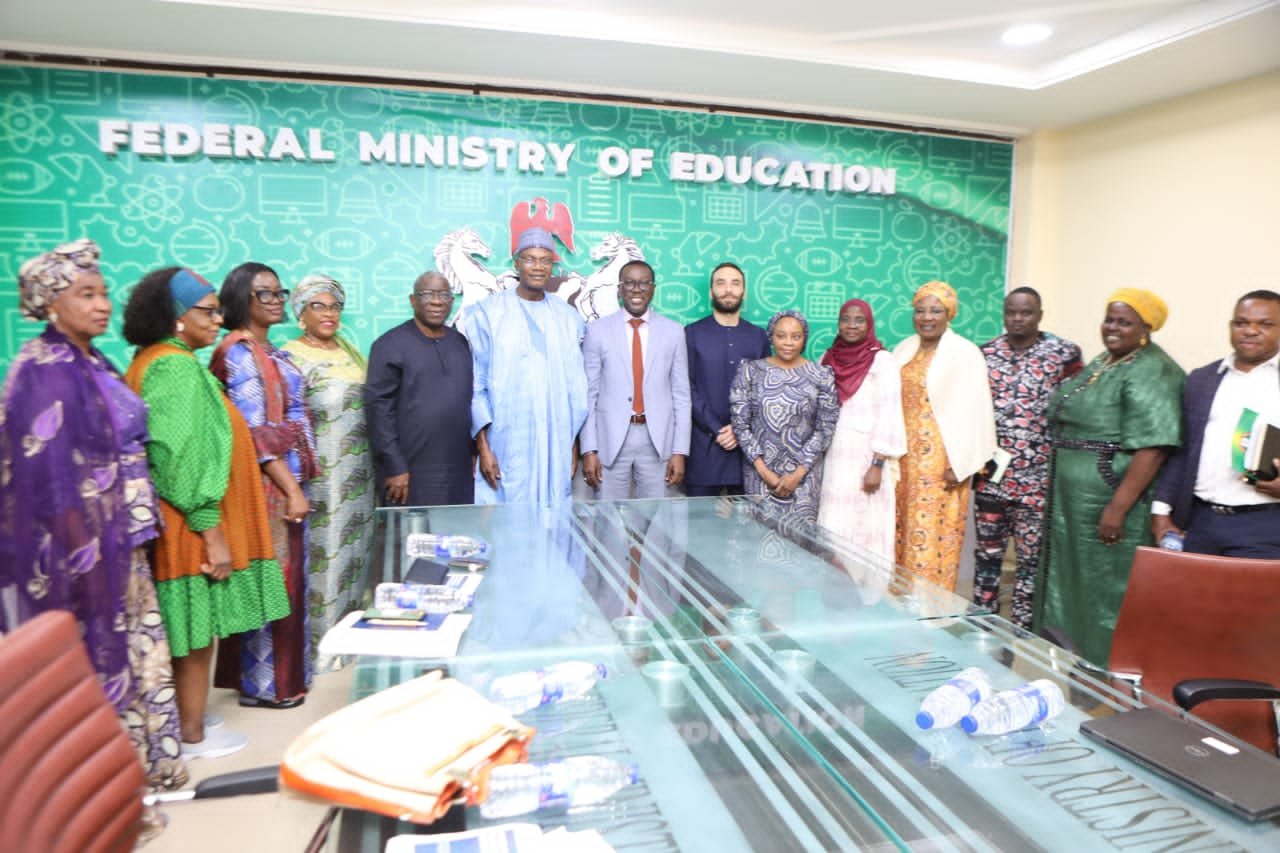
As he assures World Bank
The Minister of Education Prof. Tahir Mamman, has assured the World Bank team of the Ministry’s commitment to ensuring that “every dollar that comes in, will get its value,” highlighting the urgency and meticulous oversight required to address the current educational challenges.
He emphasized, “The Ministry will monitor every detail ”
The Minister stated this, at a pivotal meeting held with the World Bank Country Director for Nigeria, Dr Ndiame Diop, and his team at the Ministry’s Headquarters.
The discussions centred on strategic areas where the World Bank’s support can make a significant impact on the Nigerian education sector.
A statement signed by Folasade Boriowo, Director (Press & PR), Ministry of Education, disclosed that, during the meeting, Prof. Mamman outlined the critical issues plaguing the education sector, including the learning crisis at the basic education level, the high number of out-of-school children, and the need for enhanced access and inclusivity, especially for girls and women.
He presented an implementation framework known as DOTS, aimed at revitalizing the education system from its foundation.
DOTS, which stands for Data, Objectives, Teachers, and Skills, is designed to provide a comprehensive, system-wide approach to educational reform.
Key elements of the DOTS framework include; Data Conducting a national census of learners, schools, and teachers to ensure interventions are based on accurate and current information.
Out-of-School Children; Focusing on bringing the out-of-school children back to school who are too old to come back to school will teach them skills.
Teachers Continuous retraining and support for educators to enhance teaching quality. Skills; Integrating skills training into the education system to ensure students are prepared for the workforce.
Prof. Mamman also highlighted the recent progress made, such as the return of 4 million young people to school through various ministry initiatives and the imminent launch of the National Skills Framework in September 2024.
Despite these advancements, he noted challenges, particularly with funding delays that have hindered the timely implementation of data initiatives.
Dr Ndiame Diop commended the Minister’s vision, describing it as “compelling” and crucial for addressing the sector’s challenges.

He expressed the World Bank’s strong commitment to supporting Nigeria’s education sector, noting the importance of having a robust data foundation and the immediate implementation of the National Skills Framework.
The meeting concluded with a mutual resolve to strengthen the partnership between the Ministry of Education and the World Bank, ensuring that the outlined educational reforms are effectively executed to benefit Nigeria’s future generations.




